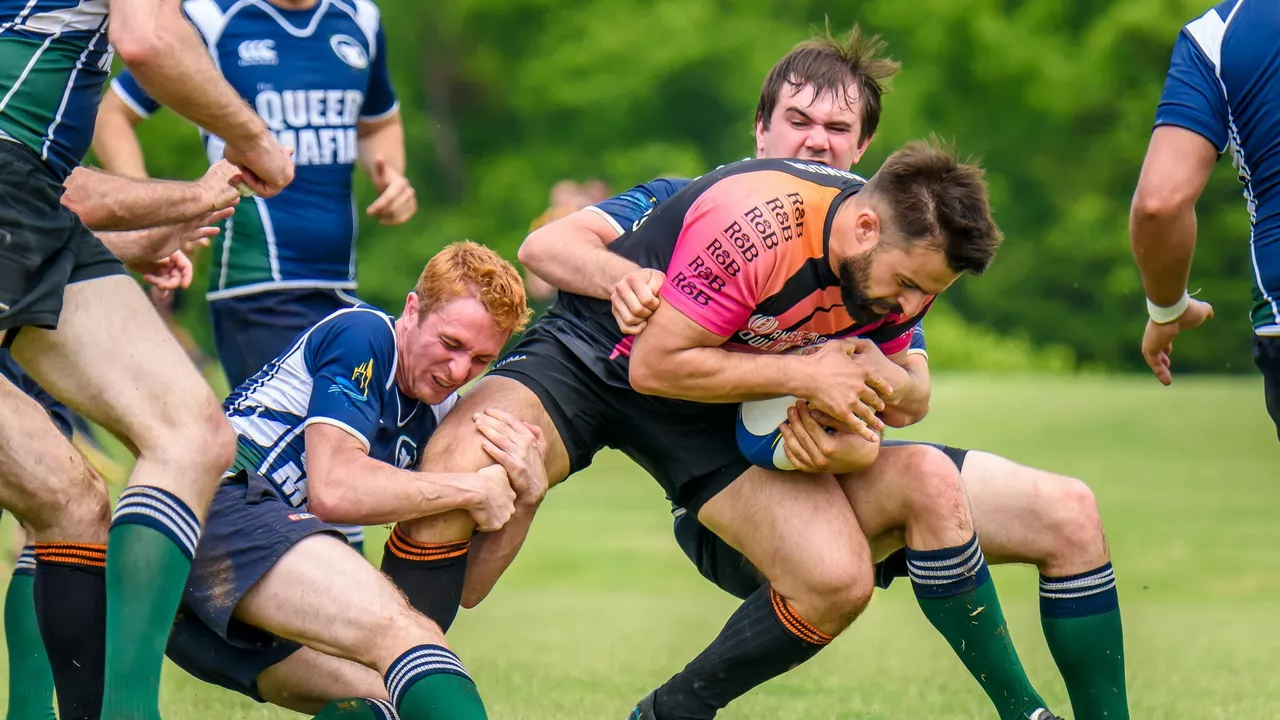Rugby Players: Skills, Legends and Your Path to the Pitch
If you love the clash of physicality and strategy, you’re already thinking like a rugby player. Whether you dream of hitting a line break like Jonah Lomu or just want to enjoy the camaraderie at a local club, the right info can turn that spark into real action.
What sets the best rugby players apart
The top players aren’t just big – they’re fast, smart and adaptable. Speed lets them burst through gaps, while raw power powers tackles and carries. But the real edge comes from game sense: reading the opposition, choosing the right pass, and timing a kick perfectly. Players like the All Blacks combine these traits with relentless training, making every practice count.
Another key is versatility. Modern rugby expects a forward to handle the ball and a back to smash the defense. When you work on both handling and tackling, you become the kind of player any coach wants on the bench. Consistency matters too – showing up every session, staying fit, and keeping a positive attitude builds trust within the team.
How to start your own journey as a rugby player
First step? Find a local club. Old Warriors Rugby Club welcomes newcomers of all ages, so you can jump straight into a friendly training session. Bring a pair of sturdy boots, a water bottle and an open mind. Most clubs run a beginner’s program that covers the basic laws, safe tackling techniques and basic drills.
Next, focus on core fitness. Rugby demands a mix of strength, endurance and agility. Simple routines – squat jumps, sprint intervals and plank holds – get you ready for the physical side while preventing injuries. Pair that with skill work: passing drills, catching high balls, and practicing kicks. Even a short 30‑minute session a few times a week makes a noticeable difference.
Don’t overlook the mental game. Watching match replays, especially from legends, helps you understand positioning and decision‑making. Try to spot when a player chooses to run instead of pass, or how they set up a maul. Discuss those moments with teammates or a coach – the conversation often reveals nuances you missed on screen.
If you aim higher, consider the referee route. Knowing the laws inside out improves your own play and opens doors to officiating local games. It’s a great way to stay involved even when you’re not on the pitch.
Bottom line: becoming a solid rugby player is about blending physical work, skill practice and game study. Join a club, train smart, watch the pros and keep a growth mindset. Before long, you’ll be part of the exciting world that makes rugby such a popular sport worldwide.
Are there any rugby players who went on to play in the NFL?
Well, buckle up sports fans, because we're about to hit a whole new level of awesome! Picture the scene - the rough and tumble world of rugby colliding with the glitz and glamour of the NFL! Unbelievable right? Well, it's happened! Players like Hayden Smith and Jarryd Hayne have bravely swapped their rugby jerseys for the shoulder pads and helmets of American football, proving to us all that athleticism knows no bounds. Keep your eyes peeled, folks, because who knows what other rugby stars we might see lighting up the NFL in the future!
Why are rugby players so rowdy?
From my perspective, the rowdiness observed among rugby players often stems from the nature of the sport itself, which is highly physical and competitive. The high adrenaline levels during the game may cause players to appear more aggressive or rowdy. Furthermore, the strong camaraderie and team spirit in rugby often translate into high energy group dynamics. However, it's essential to note that this behavior is usually contained within the game and doesn't reflect players' personal conduct. Lastly, the rowdiness is sometimes encouraged by audiences who enjoy the rough and tumble aspect of rugby.

